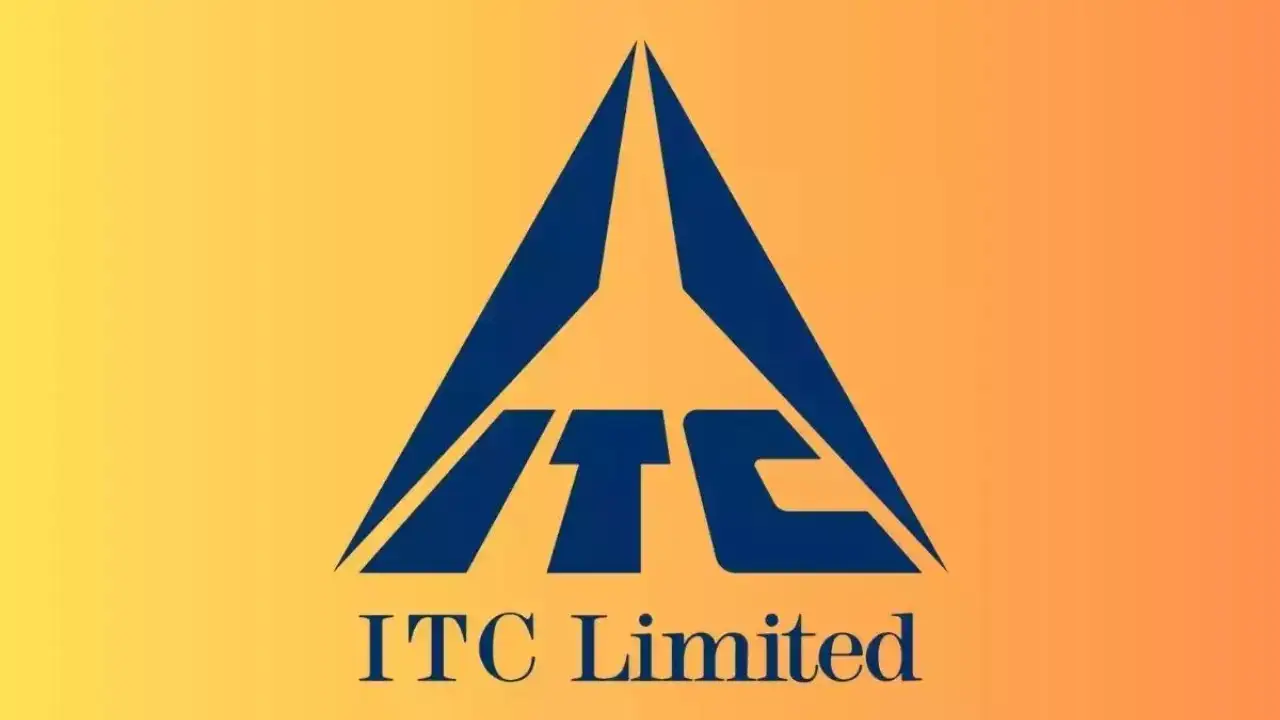ITC Share Price Faces Volatility Amid GST Rate Cuts and Tobacco Tax Policies 📈
The market is buzzing with speculation about ITC’s share price as the GST Council’s recent decision to streamline tax slabs collides with a firm policy to keep tobacco products under high-tax regimes. This creates a complex outlook for ITC shareholders, balancing potential gains in the FMCG sector with ongoing challenges in tobacco. Here’s a deep dive into what’s driving the volatility and what it means for the 36 lakh investors watching closely. 🕵️♂️
GST Rationalization: A Mixed Bag for ITC 🛠️
The GST Council has approved a major overhaul, reducing tax slabs to 5% and 18% for most consumer goods, effective September 22, 2025. This simplifies taxation and boosts affordability for everyday FMCG products like toothpaste, hair oil, and shampoos, which is great news for ITC’s non-tobacco business. However, tobacco products—cigarettes, pan masala, gutkha, and bidis—remain excluded from these cuts, staying at 28% GST plus a compensation cess. There’s even talk of a future 40% “special rate” framework without cess, which could keep tax burdens high. 🚬
This policy divide means ITC’s cigarette business, a major profit driver, faces sustained pressure, while its FMCG portfolio could see a lift from lower taxes. The Economic Times reports that a shift to Retail Sale Price (RSP)-based taxation for tobacco might increase effective tax incidence, potentially squeezing margins if pricing adjustments don’t keep pace. 📉
What’s at Stake for ITC Shareholders? 💼
ITC’s share price is caught in a tug-of-war. On one hand, GST relief on non-tobacco FMCG categories could improve consumer demand and profitability in foods and personal care. On the other, the high-tax regime on tobacco, coupled with a potential RSP-based valuation, keeps cigarette margins under scrutiny. Analysts at Jefferies suggest a revenue-neutral outlook for the industry, but warn that margins could take a hit if ITC can’t fully pass on tax increases through pricing or product mix upgrades. 🎯
Beyond taxes, sentiment around British American Tobacco’s (BAT) stake in ITC and competitive pressures in the cigarette market add to the volatility. The ITC Hotels demerger, approved in mid-2024 with a 99.6% majority, offers a potential upside, with 1 ITC Hotels share for every 10 ITC shares and a separate listing on the horizon. This could unlock value and diversify earnings, cushioning some of the tobacco-related headwinds. 🏨
Case Study: How Taxes Shape ITC’s Cigarette Economics 📊
To understand ITC’s resilience, consider cigarette economics from FY23–FY25. Jefferies’ analysis shows that on a weighted average consumer price, about 55% went to taxes, 12% to channel margins, and 23% to EBIT margins. During stable tax periods, ITC regained market share from illicit trade through strategic pricing and premium product mixes. The upcoming RSP-based taxation could raise compliance but also tax incidence on some SKUs, making disciplined execution—via pricing and product strategy—critical for profitability. 🔍
GST Framework Comparison 📋
| Item | Previous GST Framework | New Framework/Stance | Effective Date |
|---|---|---|---|
| Tobacco (cigarettes, pan masala, etc.) | 28% GST + compensation cess | Retain 28% + cess; move to 40% GST later; RSP-based valuation | Tobacco changes post-Sep 22, 2025 |
| Bidi | 28% GST + 18% cess | Current regime continues until notified | Later notification |
| FMCG (toothpaste, shampoos, etc.) | 5/12/18/28% slabs | Simplified to 5% or 18% | Sep 22, 2025 |
| Tax Architecture | Four slabs + cess | Two slabs (5, 18%) + 40% for sin goods | Sep 22, 2025 (phased) |
Infographic: ITC’s Earnings Sensitivity 📅
ITC Earnings Mix Sensitivity
Tobacco EBIT
High negative impact from RSP shift and cess; mitigated by pricing/mix.
FMCG EBIT
Moderate positive from GST cuts and affordability.
Net Share Price
Volatility due to tobacco risks vs. FMCG gains.
Key Risks and Opportunities 🌟
The biggest risk isn’t a GST rate cut on tobacco—it’s off the table for now—but the persistent compensation cess and RSP-based taxation, which could raise costs if price hikes lag. On the flip side, GST cuts on non-tobacco FMCG categories improve affordability, supporting ITC’s diversified portfolio. The hotels demerger and potential listing also offer a value-unlocking opportunity, giving shareholders something to cheer about. 😊
Stable taxation has historically helped ITC curb illicit trade and grow organized volumes. Investors should watch for updates on the RSP-based tax regime and the timeline for the 40% GST shift, as these will shape cigarette profitability and ITC’s share price trajectory. 🔎
FAQs ❓
Will GST rate cuts help ITC’s share price now?
The GST cuts effective September 22, 2025, benefit ITC’s non-tobacco FMCG business by boosting affordability. However, tobacco remains under high taxes, so share price gains depend on cigarette pricing execution and FMCG growth, not a tax windfall.
What does the tobacco cess mean for ITC shareholders?
The 28% GST plus compensation cess, with a potential shift to 40% GST, keeps tax burdens high on cigarettes. This pressures margins, making pricing power and product mix critical for ITC shareholders to monitor.
How do experts view GST risks for ITC’s cigarette business?
Experts like Jefferies see a revenue-neutral outlook but warn that RSP-based taxation and persistent cess could squeeze margins if price hikes lag, tying ITC’s share price to disciplined execution.
Are there offsets to tobacco tax headwinds?
Yes, GST relief on FMCG categories and the ITC Hotels demerger (with a potential listing) offer growth and value-unlocking opportunities, partially offsetting tobacco tax challenges.
What GST dates matter for ITC?
GST cuts for FMCG start September 22, 2025, while tobacco taxes remain unchanged until later notifications. Updates on RSP-based valuation and the 40% GST shift will be key for ITC’s share price.
🌐 Explore More on Global Market Today
Dive deeper into the latest updates, insights, and expert analysis across our most popular categories.
Stay informed on business, economy, AI, and more – all in one place.
📈 Market
💼 Business
🏛️ Politics
🤖 Artificial Intelligence
🔧 Technology
₿ Cryptocurrency
🌍 Economy
💰 Personal Finance
⚡ Fintech Tools
Hindi Version
